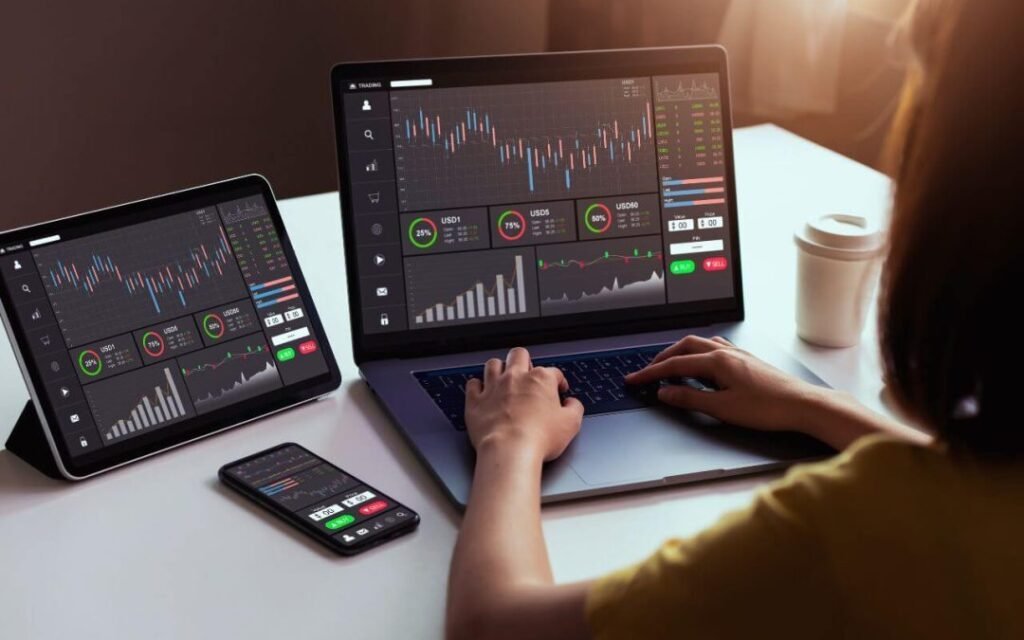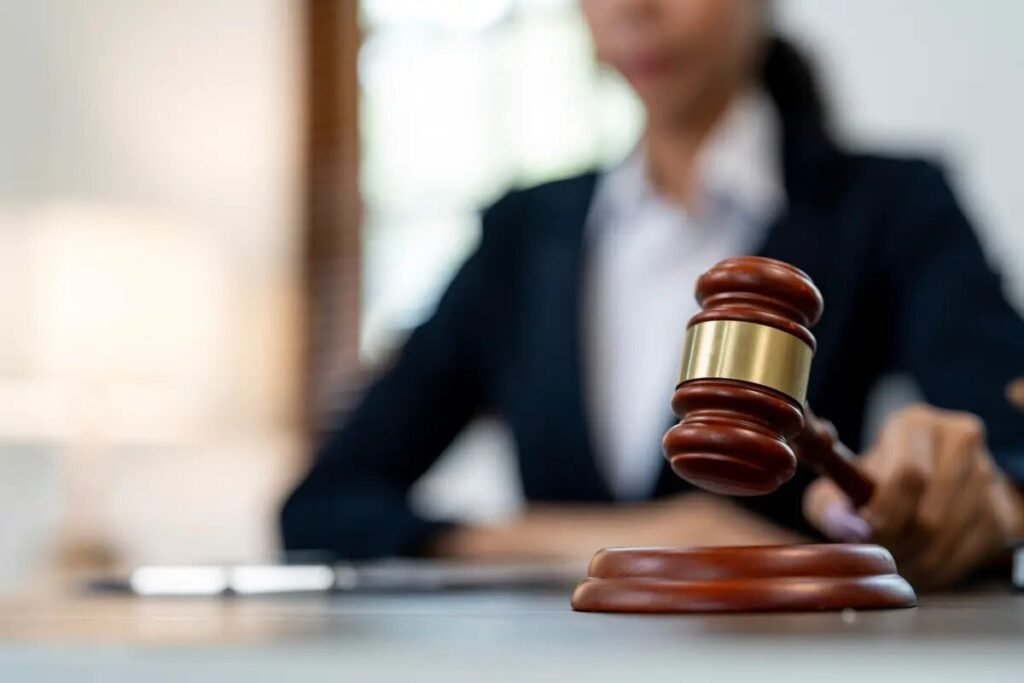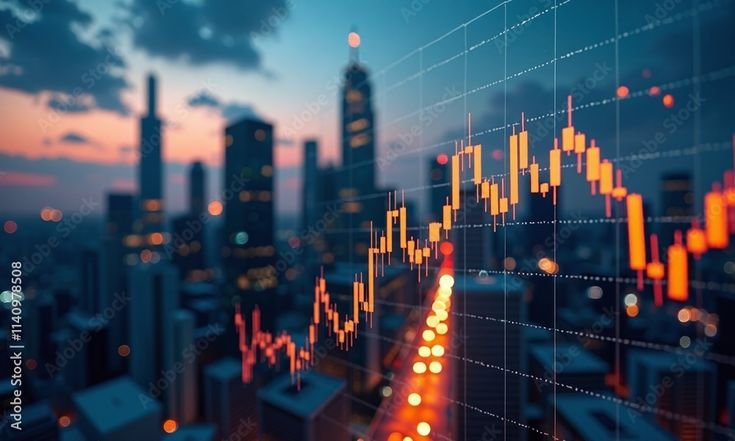Forex regulation Indonesia: Forex trading is legal in Indonesia, but it comes with firm rules. The market is not unregulated — it’s overseen by two national authorities: Bappebti (Commodity Futures Trading Regulatory Agency) and OJK (Financial Services Authority). Both agencies work together to ensure that the trading environment remains secure and transparent for Indonesian investors.
The permission to trade doesn’t mean total freedom. You can only trade through Bappebti-licensed brokers who meet specific financial, operational, and ethical standards. This protects traders from fraud and reckless platforms, which have become more common with the rise of online trading apps.
What does forex regulation in Indonesia look like?
The forex regulation Indonesia has implemented centers around consumer protection. In 2025, licensed brokers must comply with a strict regulatory framework, including minimum capital thresholds, real-time risk monitoring, and verified transaction reporting.
There are also marketing restrictions. Brokers cannot promise unrealistic profits or use misleading terms. They must educate traders about the risks involved and clearly disclose the conditions under which trades are executed.
The system isn’t just about controlling the brokers — it’s about shaping a responsible trading culture.
Forex regulation Indonesia: Can Indonesians still access international forex brokers?

Technically, many international brokers remain accessible via the internet, but that doesn’t mean they’re legal. Only forex brokers registered with Bappebti are officially allowed to offer services to Indonesian residents.
Some offshore platforms continue to serve Indonesian traders without a local license, but these services operate outside the protective umbrella of Indonesian law. If a trader experiences a problem — like frozen withdrawals or unfair practices — there’s no legal path for recourse.
To reduce this risk, Indonesian authorities regularly update and publish a list of blocked or blacklisted platforms, and many of them are now inaccessible via local ISPs.
Forex regulation Indonesia: What must a broker do to be considered legal in Indonesia?

Source: FXLeaders
A broker seeking legal status in Indonesia must go through an extensive vetting process with Bappebti. The application includes financial solvency checks, regular auditing requirements, proof of infrastructure, and Indonesian-language support.
Additionally, brokers must provide education for new traders and operate with full transparency. They are obligated to offer contracts that are properly recorded and executed within local regulatory frameworks.
In 2025, legal forex brokers in Indonesia tend to focus less on hype and more on long-term reliability — because the law demands it.
Is online forex trading allowed for individuals?

Source: Trade Brains
Yes, online forex trading is allowed for individual traders in Indonesia, provided it’s done through a Bappebti-approved platform. From a regulatory point of view, there’s no difference between desktop and mobile access — what matters is whether the broker behind the screen is licensed.
For everyday traders, this means checking a broker’s registration status is more important than ever. As of 2025, regulators have also tightened control over margin levels, particularly for new accounts, and require brokers to clearly disclose potential losses on leveraged trades.
Online trading may be convenient, but it’s not without limits — especially if you’re trading from Indonesia.
Can traders be fined for using unlicensed brokers?

Source: ADCO LAW
Retail traders are rarely fined just for using foreign brokers, but they also won’t be protected by Indonesian law if something goes wrong. Enforcement efforts in 2025 are mostly focused on those who promote illegal forex services — especially influencers, affiliates, or anyone encouraging others to trade on blacklisted platforms.
In cases where money is lost through unlicensed services, legal action can’t be taken in local courts. That’s why authorities urge traders to use platforms that are licensed and operate within Indonesia’s legal boundaries.
It’s not so much about penalties as it is about protection — and using illegal platforms removes that protection entirely.
How does Bappebti monitor the forex market in 2025?

Today’s regulatory efforts go far beyond paperwork. Bappebti actively monitors websites, advertisements, and even social media to identify unlicensed platforms or misleading promotions. Collaboration with Kominfo (the communications ministry) has led to the blocking of many foreign broker websites and the takedown of illegal trading communities.
They also publish regular educational content and maintain public access to a list of approved brokers. This transparency helps everyday investors make informed decisions and avoid falling into risky situations.
The government’s approach in 2025 is both proactive and preventive — using technology to stay ahead of illegal trends and provide clear guidance to the public.
Conclusion: Know the boundaries before you trade
Forex trading in Indonesia remains open in 2025 — but not without limits. The forex regulation Indonesia continues to enforce is structured around protecting investors, maintaining financial stability, and keeping fraudulent platforms at bay.
Traders who stay within the legal system gain peace of mind, access to dispute resolution, and a safer trading experience overall. The rules may seem strict, but they serve a clear purpose: to make sure the market is accessible — but not dangerous — for the average Indonesian.




